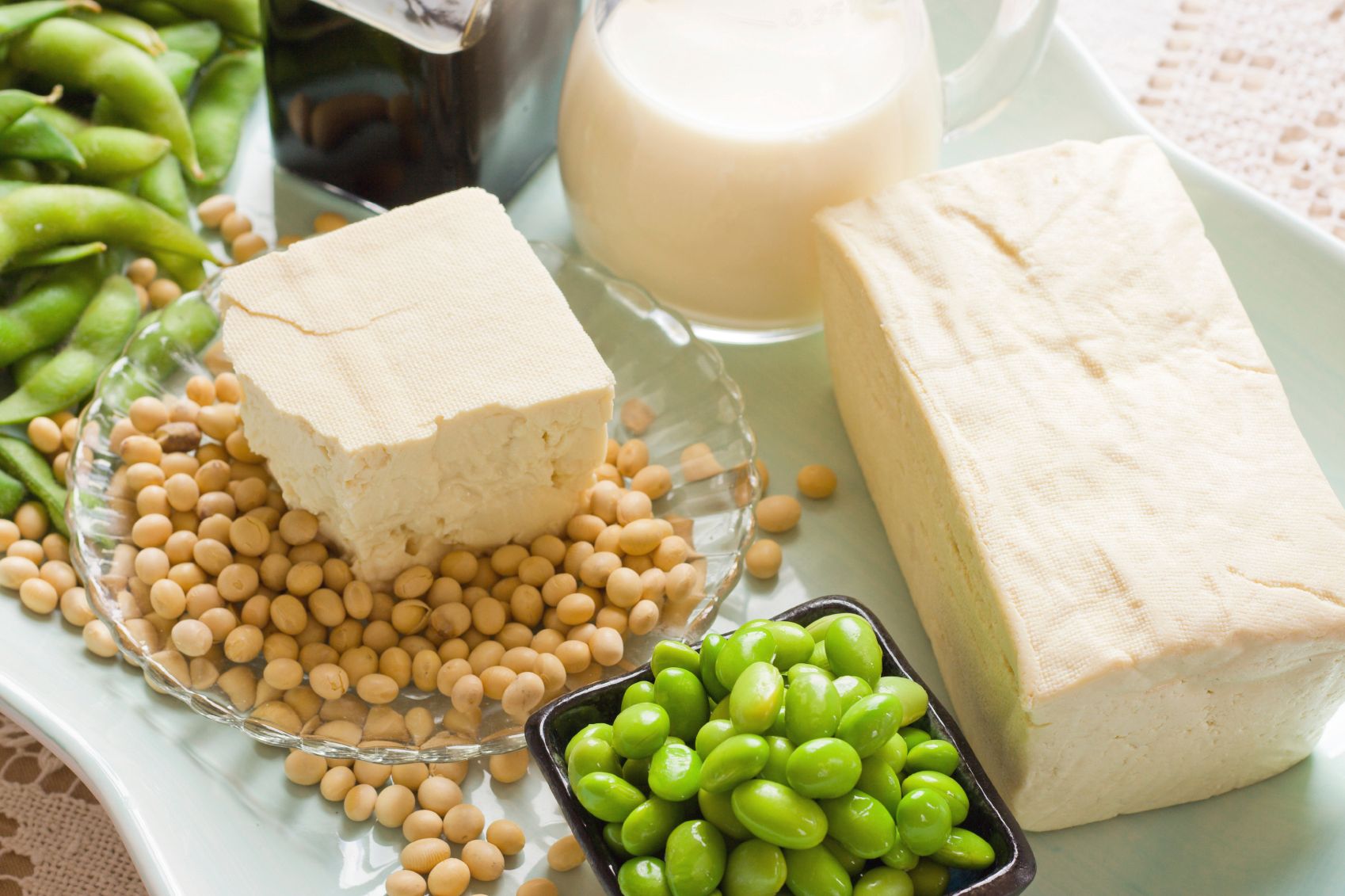Vegetarian Launches Surged by 60% over Past Five Years
Innova Market Insights reports that vegan, vegetarian, and flexitarian consumers offer emerging opportunities for plant-based meat substitutes.
Photo © iStockphoto.com/Diane Labombarbe

Between consumers trying to eat less meat and those who have cut it out of their diet altogether, now is a prime time to be working with plant-based meat substitutes. Over the last few years, new product development of vegetarian products has risen dramatically, according to new data shared by Innova Market Insights.
From 2011 to 2015, there was a more than 60% rise in global food and beverage launches carrying a vegetarian claim, Innova Market Insights reports. Similar growth can be seen in products bearing the term vegan, which appeared on 4.3% of total introductions in 2015. In 2012 and 2014, by comparison, vegan appeared on only 1.5% and 2.8% of launches, respectively.
Although vegetarian and vegan consumers may be the most obvious drivers of this growth, Innova Market Insights also notes emerging opportunities surrounding so-called “flexitarian” consumers, or those who occasionally eat meat but otherwise stick to a plant-based diet. While flexitarians may not be as devout in their consumption of plant-based products, they still present a growing market for meat-substitute products.
“This trend represents a growing opportunity for high-quality meat alternatives, which is also being reflected in the 24% average annual growth in global meat substitute launches recorded between 2011 and 2015,” says Lu Ann Williams, director of innovation at Innova Market Insights.
Meat Substitutes
As the market for plant-based meat substitutes accelerates, flexitarians will be key to its continued growth. But they may also be pickier than vegetarians and vegans when it comes to the type of meat substitues they will accept.
“Paradoxically, another key area of opportunity in meat substitutes may be in targeting meat eaters as much as vegetarians,” Williams explains. “While many vegetarians may opt for a diet rich in vegetables and beans, meat eaters may turn to meat substitutes if the product is right. Instead of just finding alternatives, technological solutions also need to be focusing on the development of meat substitutes closely mimicking the taste and texture of meat products.”
Germany Leads the Way
The highest levels of new product development around meat alternatives and substitutes can be found in Germany, where 69% of consumer claim to eat meatless meals once per week or more, according to Innova Market Insights.
The United States, on the other hand, has only 38% of consumers that report they eat meatless meals once per week or more. But with 120 million Americans on board with meatless foods already, there is still enormous consumer interest in the emerging market for plant-based meat substitutes.
Read more:
5 Plant Protein Ingredients for Food and Drink
7 Vegan Dietary Supplement Ingredient Trends
New Vegan Egg Substitute from Sioux Natural Designed for Baking
Michael Crane
Associate Editor
Nutritional Outlook Magazine
michael.crane@ubm.com

.png&w=3840&q=75)

.png&w=3840&q=75)



.png&w=3840&q=75)



.png&w=3840&q=75)









